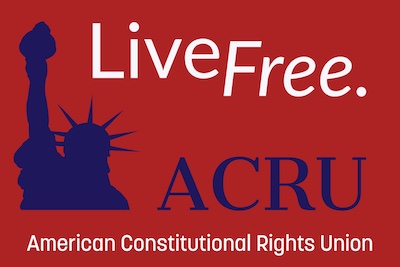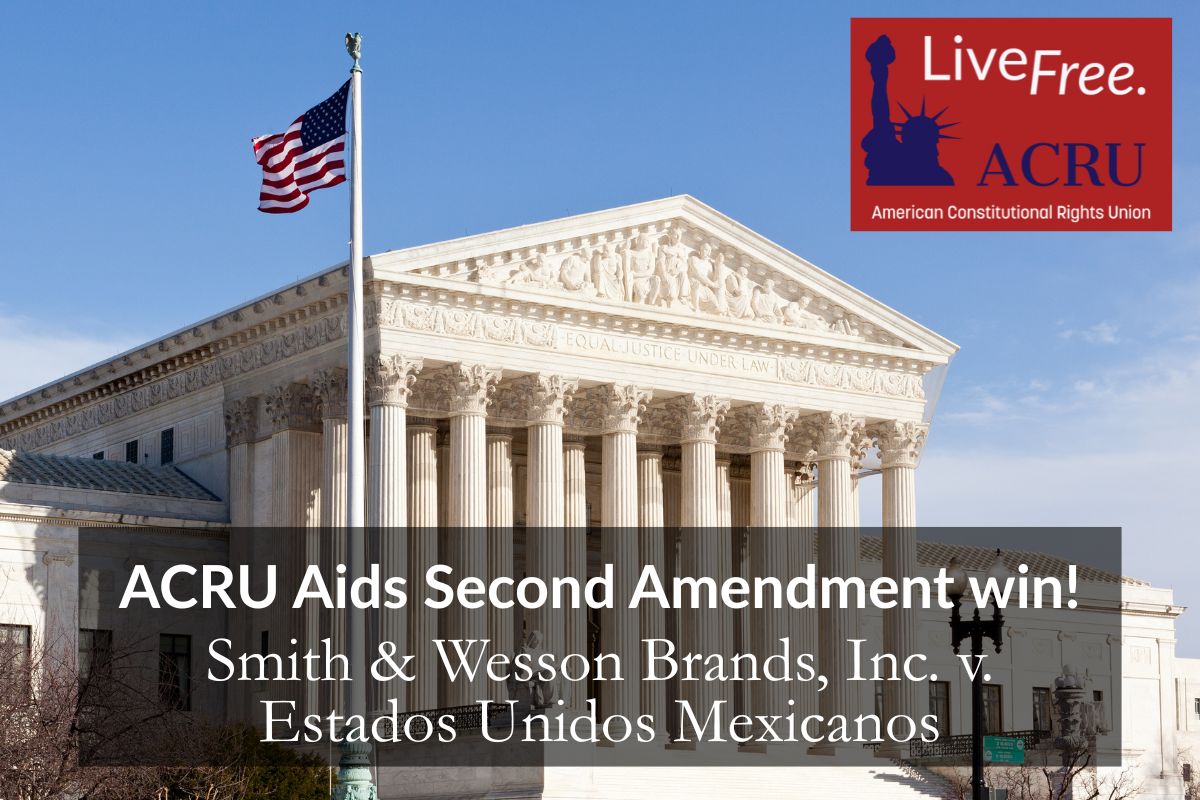SUMMARY OF ARGUMENT

DOWNLOAD THE FULL AMICUS BRIEF HERE
Georgia enacted the Election Integrity Act of 2021 (SB 202) in March 2021 in the aftermath of 2020 election controversies. Defendants moved their All-Star Game from Atlanta shortly thereafter, alleging that SB 202 violates voting rights.
SB 202’s provisions are fully consistent with voting rights. Heated controversies persist over how the 2020 election unfolded in Georgia. The Constitution permits States to enact reasonable regulatory measures in elections to ensure those elections are fair and free. Such measures are essential to public confidence in election results, and the Supreme Court has specifically upheld voter ID requirements as one such permissible measure. Defendants never delve into the specific provisions of SB 202 when announcing their opposition, nor explain how those provisions are anything other than commonplace election regulations. The Constitution affords States the latitude to choose effective measures to accomplish its important objective of conducting successful elections.
Indeed, statutory provisions such as those in SB 202 are vital to election integrity. Free and honest elections, where citizens can cast effectual ballots—are foundational to America’s constitutional government. Anything that dilutes or otherwise debases lawful ballots derogates that principle, and corrodes public confidence. Provisions in SB 202, including but not limited to voter ID, are measures designed to detect and prevent fraud or other election irregularities.
It is especially unfortunate that opposition to SB 202 is being driven by Defendants, given that they are a for-profit business that has nothing to do with elections. Defendants are part of the sports entertainment industry, whose foremost concern should be the financial success of their business. Wading into this political and legal controversy—and taking the incorrect side of the legal dispute—does not advance that corporate mission. Not only does Defendants’ involvement here hurt their business, it also potentially violates their legal obligations to their stakeholders by dividing the business’s customer base. Moreover, it hurts the very community Defendants claim to be supporting: the majority-black population and business community of Atlanta.
For all these reasons, the court should order Defendants to reverse their business decision and move the All-Star Game back to Atlanta, Georgia.
DOWNLOAD THE FULL AMICUS BRIEF HERE
INTEREST OF AMICI CURIAE
Edwin Meese III served as the 75th Attorney General of the United States. For more than a half-century of public life, Attorney General Meese has been at the forefront of protecting and defending the Constitution of the United States, from serving as Chief of Staff to then-Governor Ronald Reagan of California, to serving as Counselor to the President in the White House of President Reagan, to leading the U.S. Department of Justice as Attorney General, to three decades as a private citizen working with some of the foremost institutions in the United States dedicated to good governance, patriotism, and the principles of American exceptionalism, as well as continuing to advise and assist several Presidents during their successive Administrations. Throughout this time, Attorney General Meese has been heavily engaged in election integrity at both the federal and state levels.
The American Constitutional Rights Union (ACRU) is a nonpartisan 501(c)(3) nonprofit organization incorporated in Washington, D.C., dedicated to protecting constitutional liberty. The ACRU Policy Board sets the policy priorities of the organization, and includes some of the most distinguished statesmen in the Nation on election matters. Current members of the Policy Board include Attorney General Meese and former Ohio Secretary of State J. Kenneth Blackwell, who also served as a Commissioner on the Presidential Commission on Election Integrity and the U.S. Ambassador to the United Nations Human Rights Commission.



